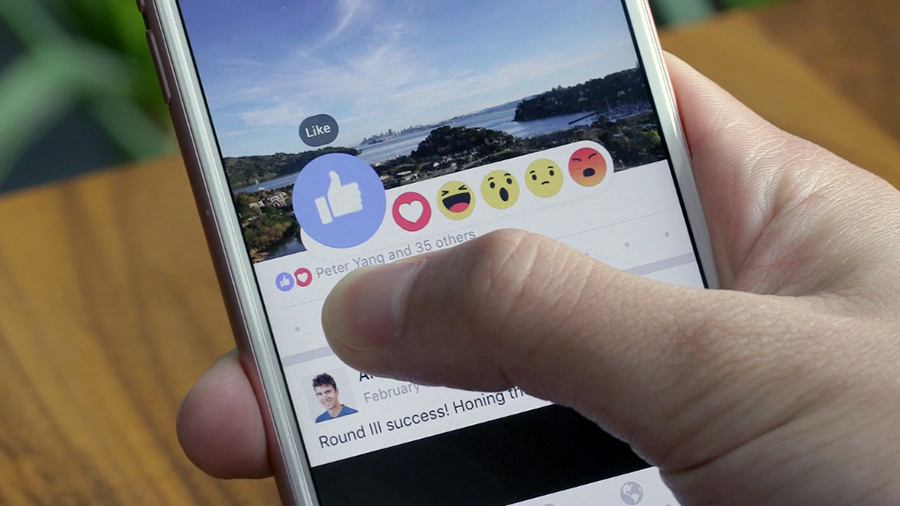Facebook hates clickbait as much as you do
You WON'T BELIEVE what Facebook does next

Sign up for breaking news, reviews, opinion, top tech deals, and more.
You are now subscribed
Your newsletter sign-up was successful
"OMG! What this celeb wore to the Oscars will make your jaw drop!!!"
"What this little girl says after her first trip to McDonald's is absolutely priceless"
"I ate this superfood for a week and you'll be SHOCKED at the results!"
Chances are, you see headlines like these in your Facebook News Feed on a daily basis. Deceptive clickbait articles have become somewhat synonymous with the social media experience, but it's something Facebook plans to rectify, starting today.
The social media giant announced it's taking measures to cut out misleading or withholding headlines from your News Feed in order to encourage more genuine content on the service.
"People have told us they like seeing authentic stories the most," wrote Facebook in a blog post. "That's why we work hard to understand what type of stories and posts people consider genuine, so we can show more of them in News Feed."
Clickbait hates them! How this site does it.
Facebook already took measures to slow down clickbait last year, and in June it began to focus on content created from users' family and friends, rather than sponsored partners.
Sign up for breaking news, reviews, opinion, top tech deals, and more.
The primary method of Facebook's crusade against clickbait is identifying common phrases in the headlines that mislead, exaggerate, or manipulate expectations. (See our examples above.)
Combing through thousands of articles to help identify these clickbait-y terms, the company built a system that compares those phrases with appropriate articles to judge their authenticity - something Facebook describes as "similar to how many email spam filters work."
A list of best practices is also provided for content producers to keep in mind when writing posts so that they avoid straying into clickbait territory.
While Facebook warns that the distribution of pages with misleading articles will see a decrease, the company says responsible pages will not likely feel any major changes, which sounds like a win-win to them and users alike.
